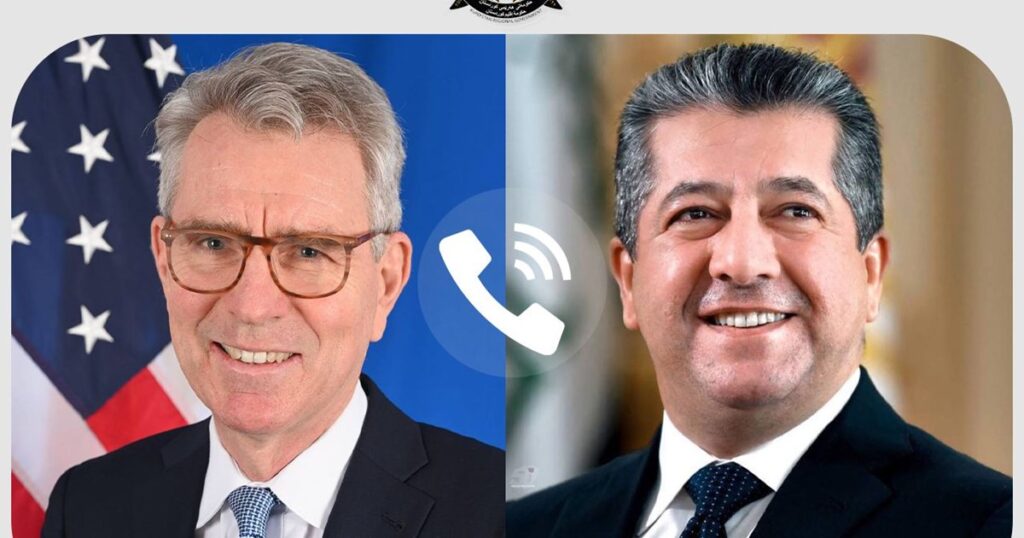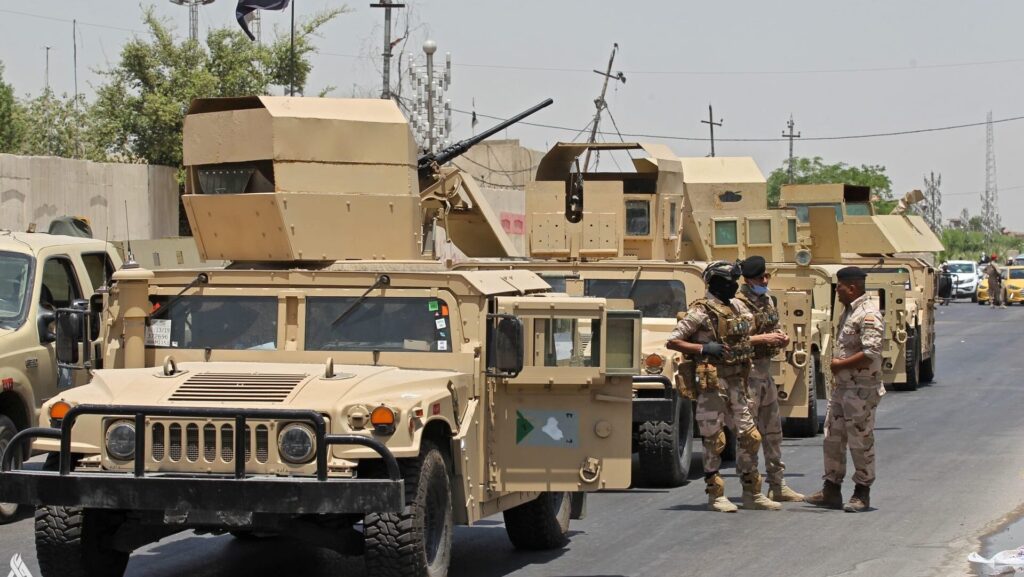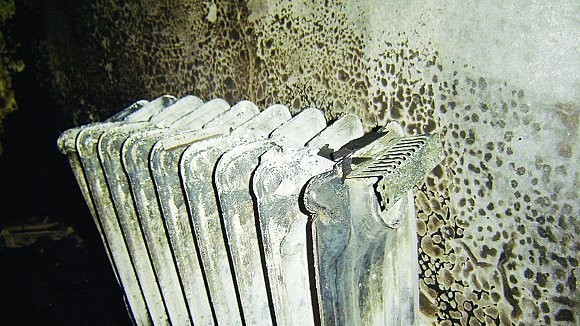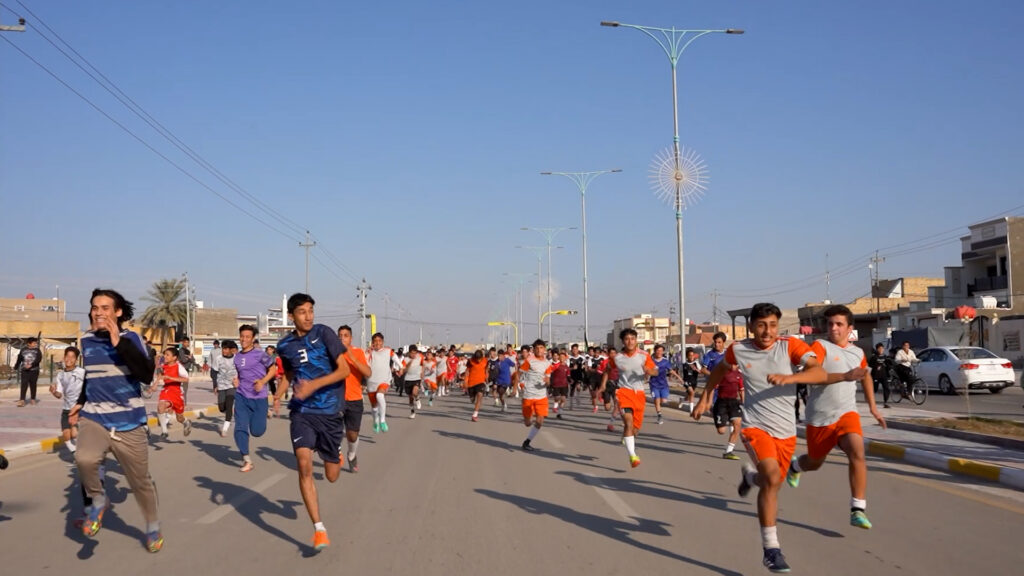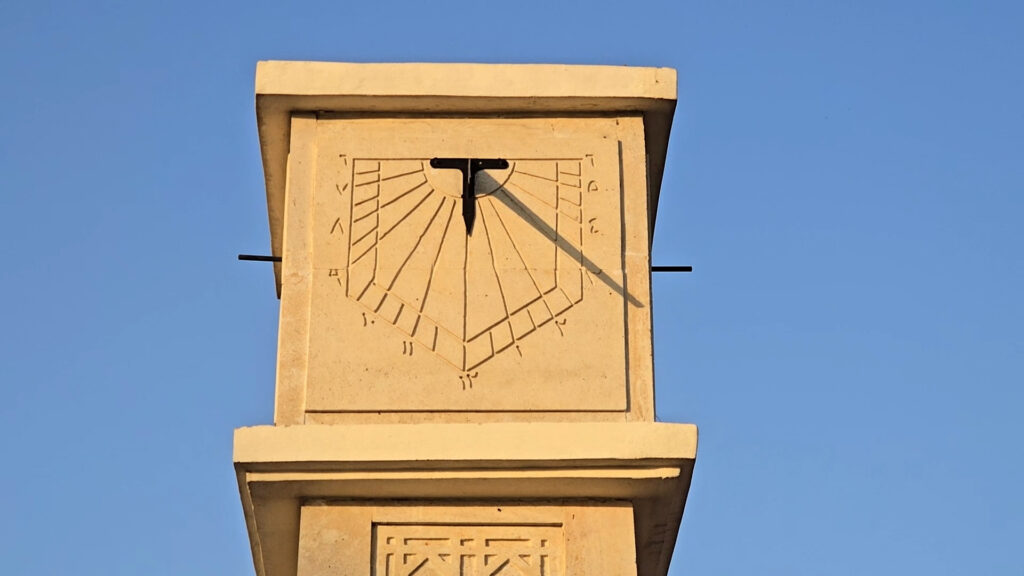Ambassador: Moscow encouraged dialogue between Damascus and Syrian Kurdish parties

ERBIL (Kurdistan 24) – Russian Ambassador to Iraq Maksim Maksimov on Tuesday said Moscow has always wanted the rights of the Syrian Kurds to be “reserved and guaranteed” and encourages dialogue between Kurdish parties and Damascus.
“That is why we have encouraged, for several years, Damascus and the representatives of political parties from Syrian Kurdistan to establish dialogue, to discuss all the issues through negotiations,” Ambassador Maksimov said during a forum hosted by the Middle East Research Institute (MERI), a think-tank based in the Kurdistan Region capital of Erbil.
“And, of course, we understand that we supported the Kurds—the Syrian Kurds are a significant part of Syria, and all their rights must be guaranteed,” he added.
“What rights, and what will be the form of their co-existence within the Syrian state, it is subject to the negotiations with the Syrian government.”
His statement comes as Kurds in Syria have expressed anger at Turkish troops entering Kurdish cities as part of the earlier agreed Turkish-Russian ceasefire deal in Sochi.
On Tuesday, Russian-Turkish joint patrols were pelted with stones and rotten fruit near the Kurdish city of Kobani.
Kino Gabriel, a spokesperson for the Kurdish-led Syrian Democratic Forces (SDF), previously told Kurdistan 24 that they had no problems with joint Turkish-Russian patrols as long as it stops Turkish attacks. But the SDF says Turkish attacks continue in violation of the ceasefire deal.
In early October, the SDF reached a deal with Damascus for national troops to counter the recent Turkish military incursion into northern Syria.
However, top Kurdish officials continue to reject plans by President Bashar al-Assad to bring autonomous Kurdish-controlled areas under his authority, or demands by Damascus to have the SDF join the Syrian army.
Ambassador Maksimov, however, said there is no other way to continue dialogue. “We always encourage the authorities in Damascus, and we met very often with the representatives of the Syrian Kurds in Moscow, discussed and informed them about our projects about this issue.”
Moreover, while the Kurdish National Council (KNC) was always part of the peace talks, and also the recently formed constitutional committee, the SDF-linked Syrian Democratic Council (SDC), and the Democratic Union Party (PYD), were always blocked from participation due to opposition from Turkey.
The Russian official added that there are already several Kurdish representatives in the constitutional committee formed in late September, referring to the KNC, which is part of the Turkish-backed Syrian opposition.
“Therefore, there are three groups as we already know, one from the government and the opposition, [and civil society groups], so in case there is the necessity to add some participants to these groups, it is up to those who are working in these groups, to decide and on the basis of consensus.”
However, it is unlikely that the Syrian opposition under Turkish control or Damascus will allow the SDC to have its representatives in the constitutional committee.
While Russia has often condemned the American presence in Syria, Moscow has stayed silent about the Turkish army that occupies parts of Syria since Turkey first entered the country in August 2016. The Syrian government, however, has condemned the Turkish presence.
“As a neighboring country, Turkey has some concerns for its security,” Maksimov said. “Well, to address these concerns, and to avoid any kind of military operation, Russia and Turkey agreed to sign the memorandum—which was signed on Oct. 22 between the presidents of two countries in Sochi.”
“In that memorandum, it defined the modality of the cooperation between Russia, Turkey, and Syria in northeast Syria in the context of the security zone, which is created by Turkey.”
Editing by Karzan Sulaivany

